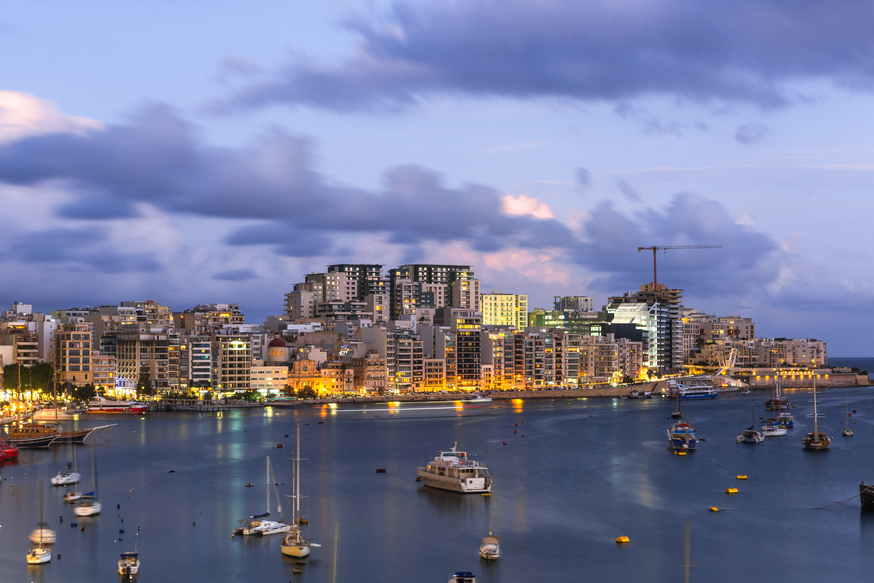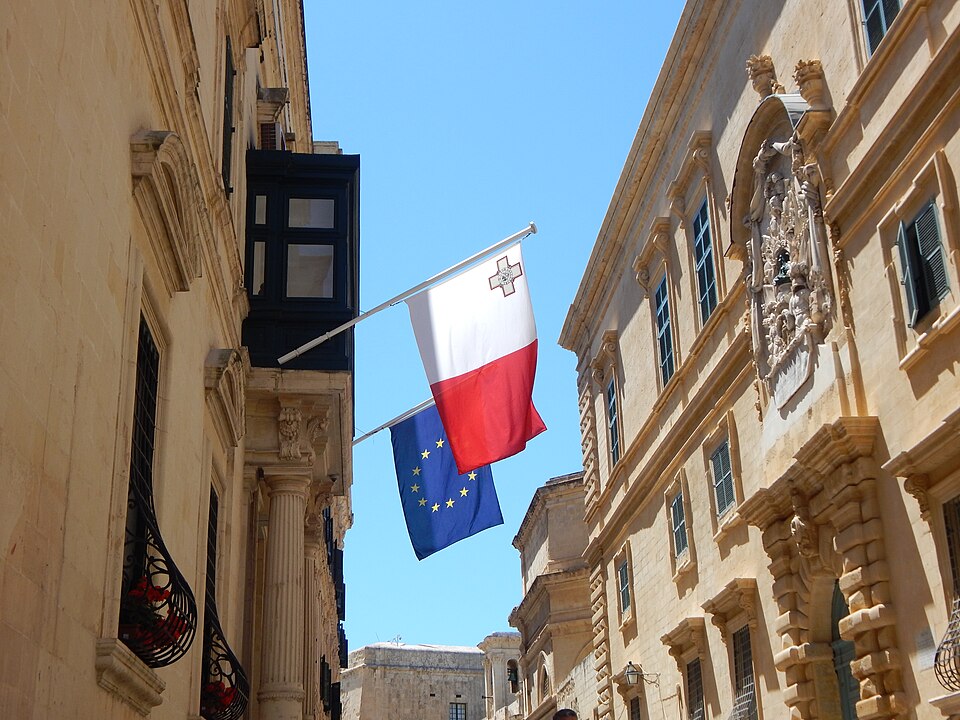The landmark food price agreement signed between importers, retailers and the Government this week will effectively establishing “a new ceiling” under which market participants will continue to engage in competition, says Jonathan Shaw, CEO of Retail Marketing Ltd, the company behind the Welbee’s network of supermarkets.
The deal is set to result in major savings for consumers buying products across the 15 categories of staple foods, notwithstanding the fact that many retailers already sell many of the basic goods included for under the recommended retail price.
Speaking to BusinessNow.mt, Mr Shaw is keen to note that the 15 per cent price cut – after which prices are set to remain the same until late October – is on the recommended retail price (RRP).
“Many stores, including our own, engage in price competition by providing discounts on this RRP,” he says.
The Welbee’s CEO says that, in general, many items will have their price reduced by a percentage that is roughly in line with the advertised rate, especially in smaller stores that typically sell products for price that is close to the RRP.
To illustrate with an example, a product with an RRP of €2 may be sold for €1.85 in larger retailers which make up the lower profit margin by selling larger volumes. The 15 per cent price cut would bring the RRP down to €1.70. While less than the retail price of €1.85, the effective price reduction in this case is far less than 15 per cent.
This reality was highlighted by Economy Minister Silvio Schembri during the announcement of the scheme, and Mr Shaw believes it needs to be made clear to shoppers to avoid any misunderstanding.
However, just as retailers currently compete with each other to offer their customers the best prices possible when the product carries an RRP of €2, they will do the same when it carries an RRP of €1.70 once the new scheme comes into effect on 1st February.
He says that for big supermarkets like Welbee’s and its direct competitors, competition will remain the norm, with the consumer the final arbiter: “That’s why shoppers benefit from competition. On the items covered by the agreement, we will try to go even further in our price reductions than our competitors. With the supports of our suppliers, where we can obtain a better price, we will be passing this on to our consumers.”
Shedding light on the ‘pitch’ for the scheme, Mr Shaw says the Government pointed to the assistance it is providing by subsidising energy and fuel costs, which not only help companies directly but also boost households’ disposable income and thereby prop up consumption – generating business for supermarkets.
“These measures are of course important for us,” he says. “The cost of energy is crucial, and we recognise the importance of these measures for our business.”
The Government therefore made it clear to importers and retailers that it is doing its part, and it is now their turn to do their part, framing it as a corporate social responsibility initiative.
During the launch, Minister Schembri stated categorically that the businesses involved “are not profiteering” – a direct response to claims by Labour MEP Alex Agius Saliba that certain large players are abusing their position.
“It was incorrect and populist,” says Mr Shaw of the MEP’s allegation. “We live in a free market economy where people simply don’t buy things that are exorbitantly expensive – not unless they want to.” He adds that customers tend to be “fickle” with brands: “Brand loyalty in the food space only exists under normal conditions. In times of inflation, people readily switch brands.”
Mr Shaw draws attention to Welbee’s principle of “doing business locally,” saying the supermarket group works with Maltese importers and does not engage in parallel importation.
“Unlike others, we do not skip the whole local ecosystem of suppliers,” he says. “We work with around 450 suppliers, thereby contributing to the Maltese economy. We are a local group and want to support local.”
Asked whether the scheme would be able to survive a price shock similar to that seen in the aftermath of Russia invasion of Ukraine – a pertinent topic given uncertainties in the Middle East and the Red Sea, Mr Shaw says that importers have committed to maintain the new reduced price level for nine months, until the announcement of the Government Budget for 2025, expected in late October.
“Now, if the companies the importers get the products from – the actual brands they import – raise their prices drastically, for whatever reason that may be, it will of course be a major burden that might or might not be possible to sustain in the long run.”
He however assured clients that as long as importers keep to their side of the agreement, Welbee’s – and presumably all other retailers involved – will keep theirs.
Featured Image:
Jonathan Shaw / Photo by Bernard Polidano
MDA says April 2024 broke records with value of promise of sale agreements surging by 14.4%
A report from the MDA highlights that there were 1,385 promise of sale agreements last month
1,695 businesses found employing non-EU workers illegally in 2023
The figure amounts to a significant portion of all employers in Malta
20 years of EU membership ‘a milestone for growth, modernisation, shared prosperity’ – MBB
Malta’s inclusion in the EU’s Single Market has fuelled ‘significant strides’ in various economic sectors






